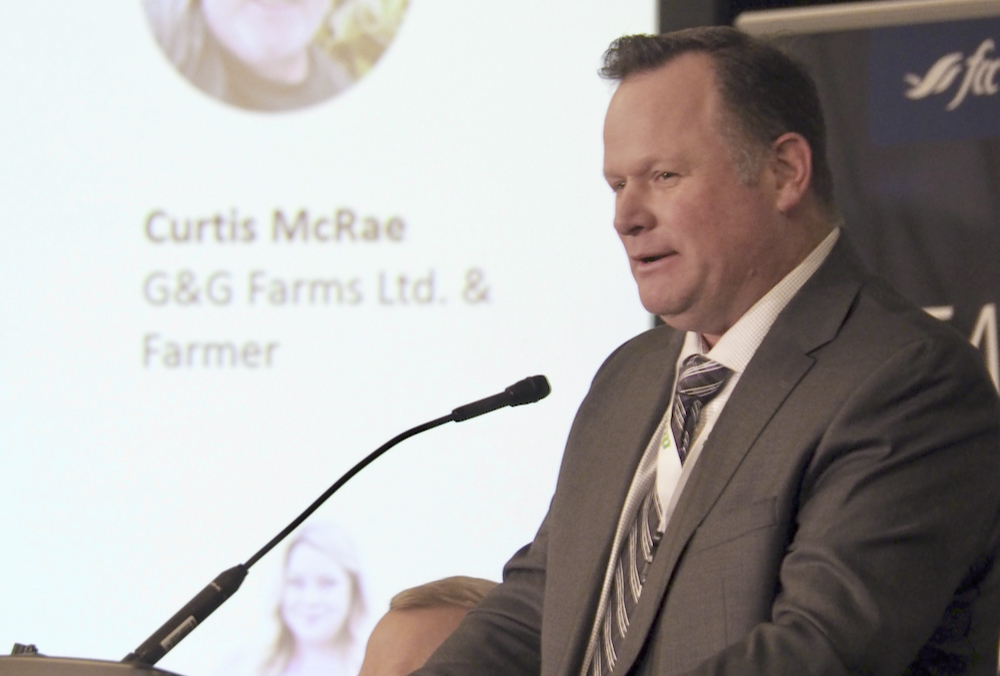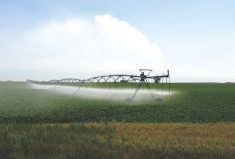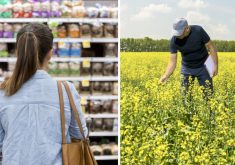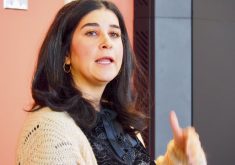Farmers do great work, but with food affordability remaining a concern, they need to build public trust more than ever.
That was the message a panel of three industry insiders shared at the Keystone Agricultural Producers AGM last month.
“When we think about public trust, I think the first thing is understanding how we define it,” says John Jamieson, president and CEO of the Canadian Centre for Food Integrity (CCFI). “For our organization, we define public trust as the expectation that the industry will do the right thing, serve the interests of citizens, and produce food in a safe, sustainable, and affordable way. I think we’re doing that, but the challenge we have is communicating that to the public.”
Read Also
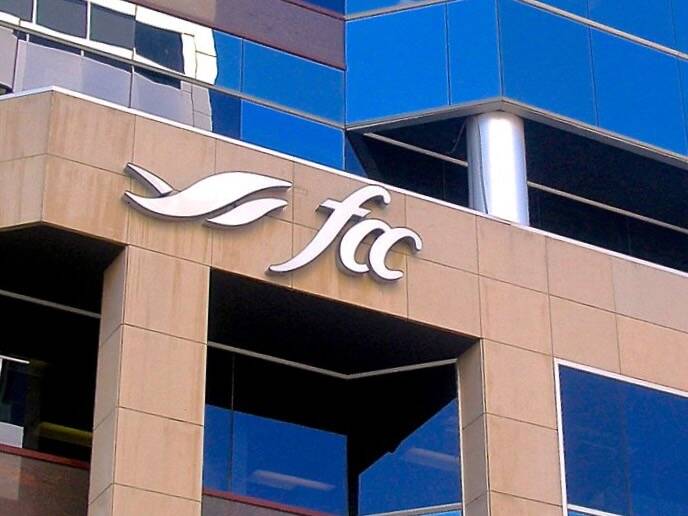
Farm Credit Canada forecasts higher farm costs for 2026
Canadian farmers should brace for higher costs in 2026, Farm Credit Canada warns, although there’s some bright financial news for cattle
Why it matters: People trust farmers, and the right way to approach them can build on that foundation.
The panelists all noted farmers already held a significant amount of public trust. According to Curtis McRae, president and CEO of G & G Farms Ltd and a grain farmer in the St. Andrews area, farmers have earned the public’s trust and it shows every time people eat farm-produced food without thinking about it.
“I drove here this morning; I drove over two different overpasses. I don’t believe I thought for a second that either were going to collapse,” he said. “We have public trust in the engineers and the builders that build those bridges. So it’s not so far-fetched to believe that people can put their trust in the people who grow their food.”
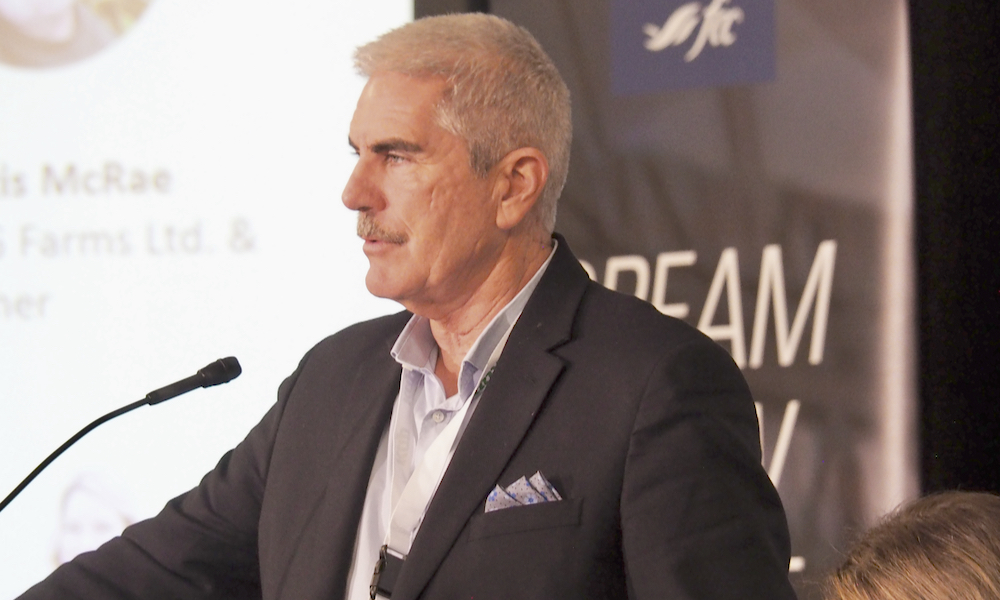
McRae frames public trust like a bankable commodity that can be drawn upon and refilled. “I think there’s a pretty high degree of public trust, but once you lose it, it’s hard to gain it back again. So we need to be diligent in what we do as farmers every day; we need to look at ways to improve our operations,” he says.
He says if farmers do that, the well will never run dry.
Donalee Jones, a Cartwright-area farmer and producer at CTV’s Great Tastes of Manitoba (GTM), said farmers could benefit by leaning into the goodwill that already exists for farmers. In fact, her show had greatly benefited from those same good vibes.
Jones says she has a vivid memory of her first board meeting with the GTM sponsors. At the time, the show was just a cooking show. When she suggested featuring farmers on the show, she said people seemed shocked.
“We didn’t mix food and farming messaging,” she says. “It was considered to be a little risky to talk about what’s happening at the farm level and then show them, you know, a steak on a plate.”
One of the first farmers to appear on the show was her co-panelist, Curtis McRae.
“We brought Curtis onto the show, and he cooked in the kitchen. And then from there, we expanded it to include full stories about Manitoba farms,” she says.
Now the show will commonly visit farms and shoot behind-the-scenes segments of the inner workings of farms. And audiences love it.
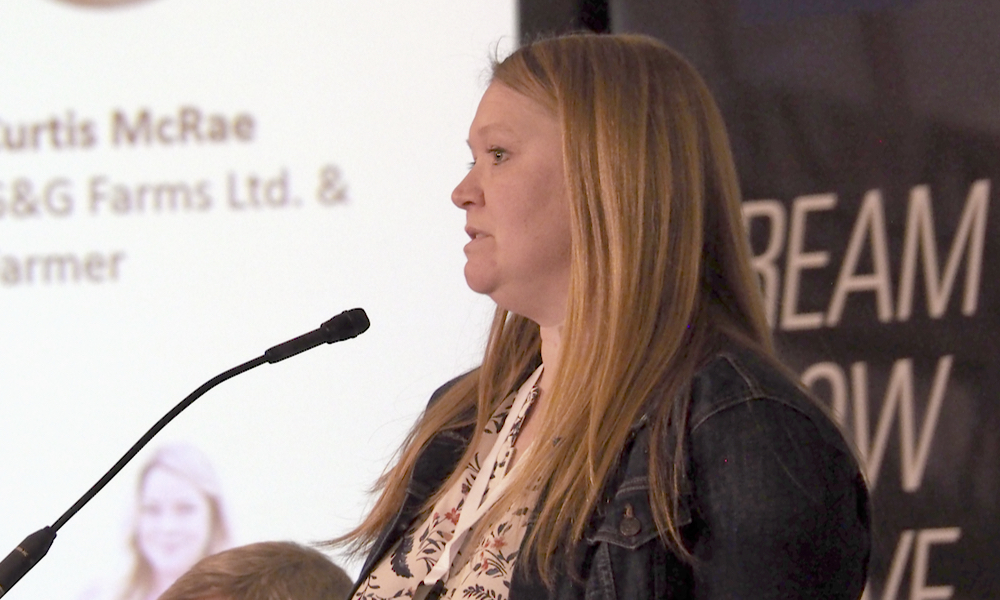
However, one of the reasons that a model like GTM is able to successfully contribute to that well of public trust is that they do not bombard people with messaging. Jones says we are mistaken to talk about “educating the public”, or at least we shouldn’t frame it that way. She points to an old study she read about public trust done by Farm and Food Care Ontario. The question on the survey was, “Do you want to know more about food and farming?” and 60 per cent of respondents said yes. But when the question was reworded to, “Do you want to learn more about food and farming?” Only 22 per cent of respondents said yes to that question.
“So the difference in that question is one word,” says Jones. “I think it proves that if we continue to inundate people with facts all the time, they will shut down.”
Jamieson agrees and says the messaging should be about shared values rather than hard, cold facts.
“We all have shared values around sustainability, food affordability, and food security,” he says.
But Jamieson says it’s also important to understand that there is a knowledge gap and that what seems obvious to us is not obvious to everyone.
Jamieson tells a story of a photo on his wall from when he was a deputy minister in Prince Edward Island.
“It was a young guy standing in the dairy barn; it was a dated operation, and the ceiling was just a little bit above his head. The cows were tied up, their tails were tied up, there was one metal fan, and in the background, fluorescent lights,” he says. “And people would come in and say, ‘I love that photo.’ And I’d say, ‘Well, let’s talk about that photo.’”
He’d tell them that the farmer in the picture had constructed a new barn across the road. And that the new barn has curtains that adjust to temperature, natural light, and natural ventilation. He’d tell them they have robotic milkers and the cows aren’t tied up anymore.
And then he’d ask, “If you were driving down the road and you saw the old barn on your right and the new barn on your left, which one would you gravitate toward?” Jamieson said most would have an “a-ha” moment realizing that while the stark but nostalgic barn had a certain aesthetic appeal, the shiny new barn really represented where people stood in terms of real values like animal welfare.
“So it’s really about building that connection through values; it’s really not about throwing facts at the wall. Because we know that doesn’t work.”
Another theme that the panelists came together on was the importance of speaking with a common voice. Jamieson thinks sustainability, food affordability and innovation are issues that cover the broadest number of shared values.
“That is what we really need to speak with a united voice on.”


